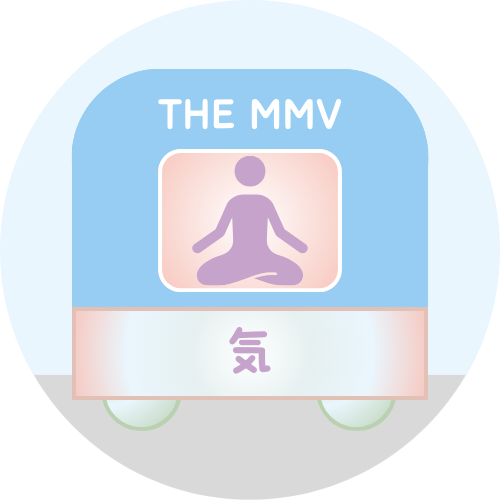I was listening to the 10% Happier podcast by Dan Harris where he was taking listener questions, and one of the questions was from a college student asking about how to deal with other people thinking that he’s weird for meditating. I have thought the same thing as I’m sure many others have. When you watch a video of people meditating or see a picture, it looks strange. Sitting quietly with eyes closed, not moving at all. We should be “doing” something, listening to music, looking at a phone or typing, being productive in some way. Why are you almost sleeping but you’re not even sleeping? Even more bizarre to the outsider, watching a walking meditation where people are moving in deliberate slow motion to try to pay attention to the tiny details, it could just appear to be people who are high on drugs or drunk or any other explanation for such odd behavior.
To summarize Dan Harris’s response, he mentioned that there are many famous celebrities and aspirational figures that meditate, so there are role models. He also mentioned that there is scientific research to talk about to skeptical or critical people. His last point is that mindfulness can get someone to the point of truly not caring about what others think. The whole concept of self-conscious embarrassment will diminish over time.
I just want to add a thought to that. When you become self-conscious or worried about how you appear to others, that is itself an opportunity. Because one of the possible outcomes of meditation is that you become aware of the “illusion of self”. This is very difficult to explain and there is a lot of discussion about this that I will not dive into here. But that feeling of embarrassment, self-consciousness, or possibly even shame, it can be investigated. What is the feeling? Does it have a color to it? Does it have a physical sensation associated with it? Can you put any words to it that don’t use other feelings?
Meditation teachers state that ultimately that feeling is the actual illusion. There is no subject and object, there is no person or soul or spirit or ego that is feeling the feeling. It’s all on the same meta level, there is not a thinker there are only thoughts, all of it comes from the same indescribable place. But the more you talk about it or think about it, the harder the concept may be to grasp. So it only requires that curiosity. Meditate and perhaps if someone catches you doing it, then that’s your chance. Examine your thoughts and emotions about being caught. You may end up catching something profound.







